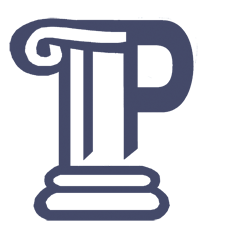 Local/National/Transnational Queer Interactions, Part 2: Scaling Queer Archives
Local/National/Transnational Queer Interactions, Part 2: Scaling Queer Archives
Committee on Lesbian, Gay, Bisexual, and Transgender History 3
Session Abstract
Lesbian, gay, bisexual and transgender archives have been historically submerged, precarious, and undervalued. In the last several decades, however, both community-based collections and university/institutional ones have begun to collect, preserve, and interpret LGBT materials. In the process, a diversity of archival sites ranging wildly in size and scale have become a diffuse network through which historians have been able to weave stories and interspretations of the queer past. This panel considers how the scale of archival collection, interpretation, and interconnection can transform the meanings of queer historiography in the present. Bonnie Morris describes the many ways in which lesbian archiving has been a distinct and political process apart from other queer archival efforts, and how this represents a will to remember lesbian lives on their own terms. Horacio N. Roque Ramírez describes the need to archive the lives of subaltern, transnational subjects otherwise undervalued in more conventional archives and memory. Ed Madden explains how the creation and nurturance of the Queer Irish Archive, leading to its acceptance as an official archive of the National Library of Ireland in 2008, also created a prioritization for processing organizational papers (over ephemera and cultural materials) that has tended toward an Irish historiogrpahy focusing on gay and AIDS activism over other aspects of queer life. Finally, E.G. Crichton describes her process in constructing Migrating Archives, a visual and virtual project in which she create connections between communities and organizations around the world, spanning four continents and everything from formal archives to restaurants that preserve LGBT historical materials. Together, these papers showcase the dynamic work being done in queer studies related to the politics and feelings of archives as they relate to the practices and possibilities of making history.
This panel is part of the Committee on LGBT History’s special 2014 thematic series related to political history, “Local/National/Transnational Queer Interactions.”
